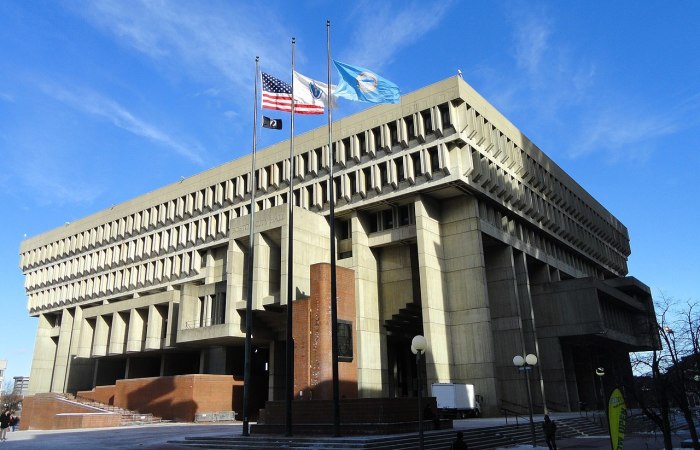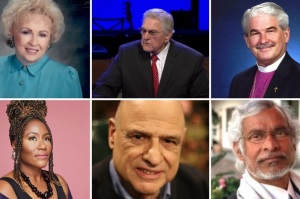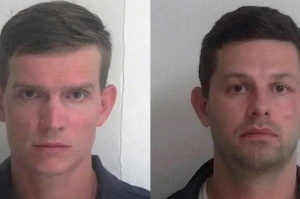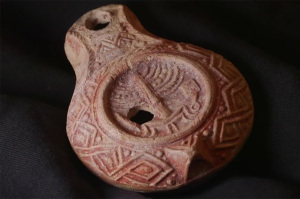Boston to pay $2.1M after Supreme Court ruled city's rejection of Christian flag unconstitutional

Boston has agreed to pay over $2 million in legal fees and other expenses to a Christian group that spearheaded a successful legal challenge to the city's refusal to allow a Christian cross flag to fly outside City Hall, a case that went all the way to the U.S. Supreme Court.
In a settlement agreement finalized Tuesday, the city agreed to pay over $2.1 million to Harold Shurtleff and his nonprofit Camp Constitution for attorney's fees and costs. The Christian conservative legal nonprofit Liberty Counsel represented Shurtleff in his case against the city.
"We are pleased that after five years of litigation and a unanimous victory at the U.S. Supreme Court, we joined with Hal Shurtleff to finally let freedom fly in Boston, the Cradle of Liberty," Liberty Counsel Chairman Mat Staver said in a statement.
"The Christian flag case has established significant precedent, including the overturning of the 1971 'Lemon Test,' which Justice Scalia once described as a 'ghoul in a late night horror movie.' The case of Shurtleff v. City of Boston finally buried this ghoul that haunted the First Amendment for 51 years."
In May, the U.S. Supreme Court unanimously ruled that Boston violated Camp Constitution's First Amendment rights by denying the group's request to fly a white flag with a red Christian cross displayed in the corner on Constitution Day 2017. After the court's ruling, the city allowed the flag to be raised at City Hall Plaza in August.
"Liberty Counsel is entitled to attorney fees by statute as the prevailing party in a civil rights case," a spokesman for Boston Mayor Michelle Wu shared in a statement with media outlets.
"The City's Law Department determined this number to be reasonable based on the detailed billing statements provided by Liberty Counsel and through their own analysis of rates charged by attorneys with similar experience in Boston as well as nationally among attorneys practicing in the Supreme Court."
According to the spokesperson, the settlement allows the city to "avoid the costs and uncertainty associated with further litigation in this case."
For years, the city has allowed outside groups holding ceremonies at City Hall Plaza to hoist flags of their choosing on one of the three flagpoles on the property in place of the city's flag.
Between 2005 and 2017, Boston approved 50 unique flags to be raised for 284 such ceremonies, according to the Supreme Court majority opinion. While some of those flags were other countries' flags, others were flags for special causes, such as the LGBT pride flag.
But when Shurtleff and Camp Constitution submitted a proposal to fly the Christian flag to commemorate Constitution Day, the request was denied amid concerns it would be a government endorsement of religion.
"We conclude that, on balance, Boston did not make the raising and flying of private groups' flags a form of government speech," Justice Stephen Breyer wrote in the majority opinion. "That means, in turn, that Boston's refusal to let Shurtleff and Camp Constitution raise their flag based on its religious viewpoint" abridged their freedom of speech.
The opinion stated that if the city expressly endorsed the message printed on the flag, it would have qualified as government speech.
In August, City Council passed an ordinance to "clearly demarcate and codify that the city's flagpoles are not intended to serve as a forum for free expression by the public." Under the policy, flag raisings are to be initiated by a mayoral proclamation or Boston City Council resolution.
Shurtleff's case received bipartisan support as the American Civil Liberties Union and the Biden administration filed briefs against the city's decision.





























